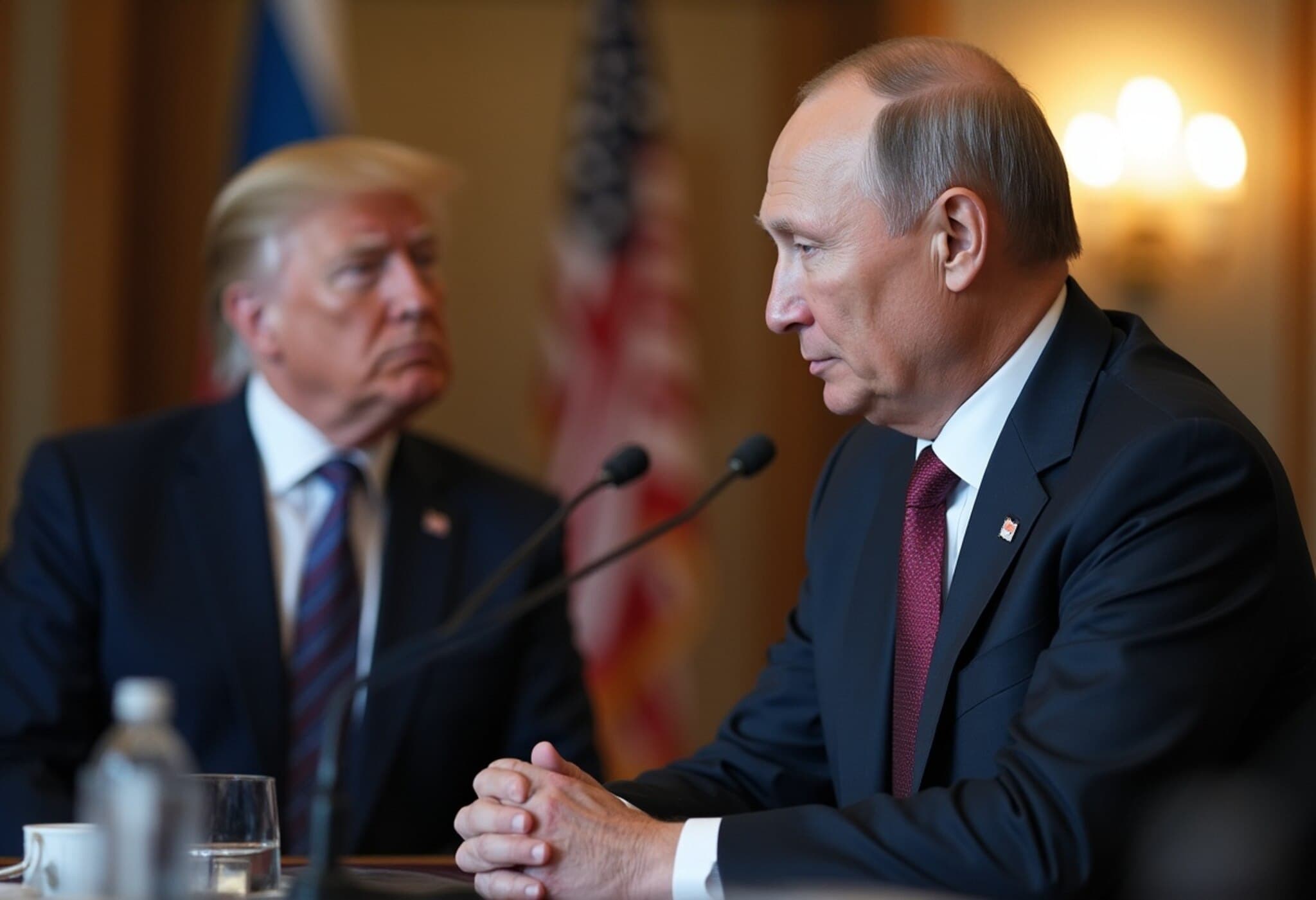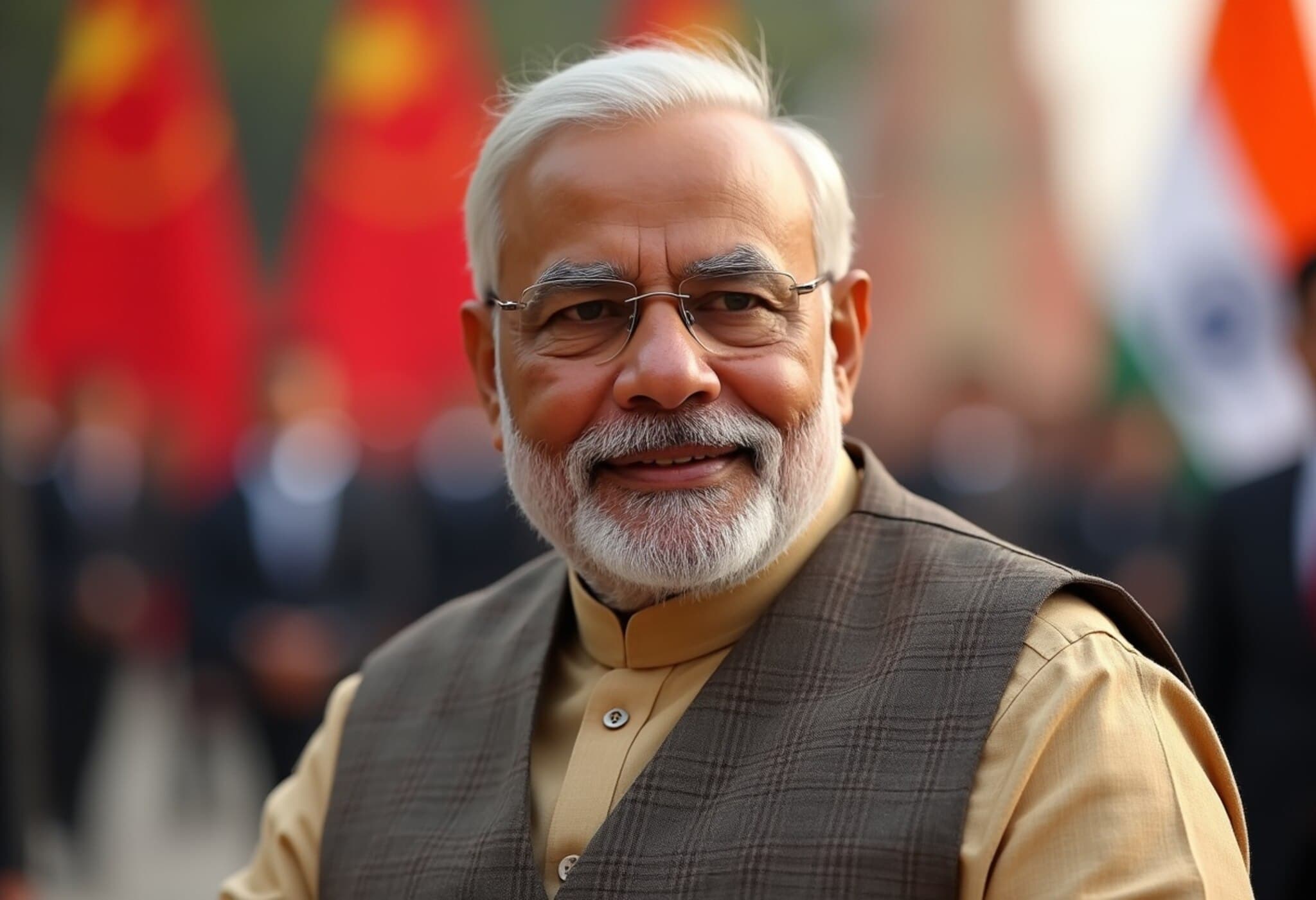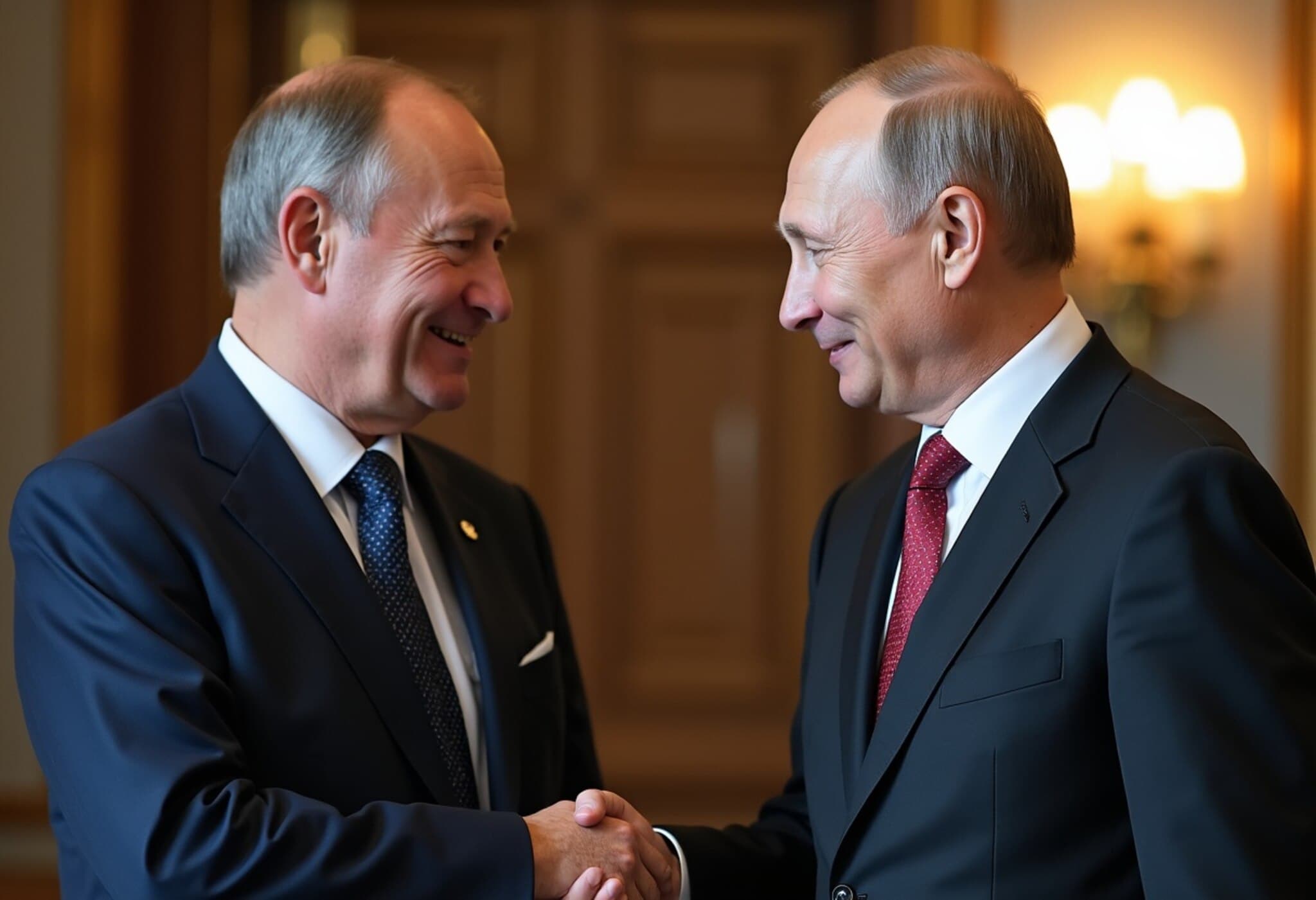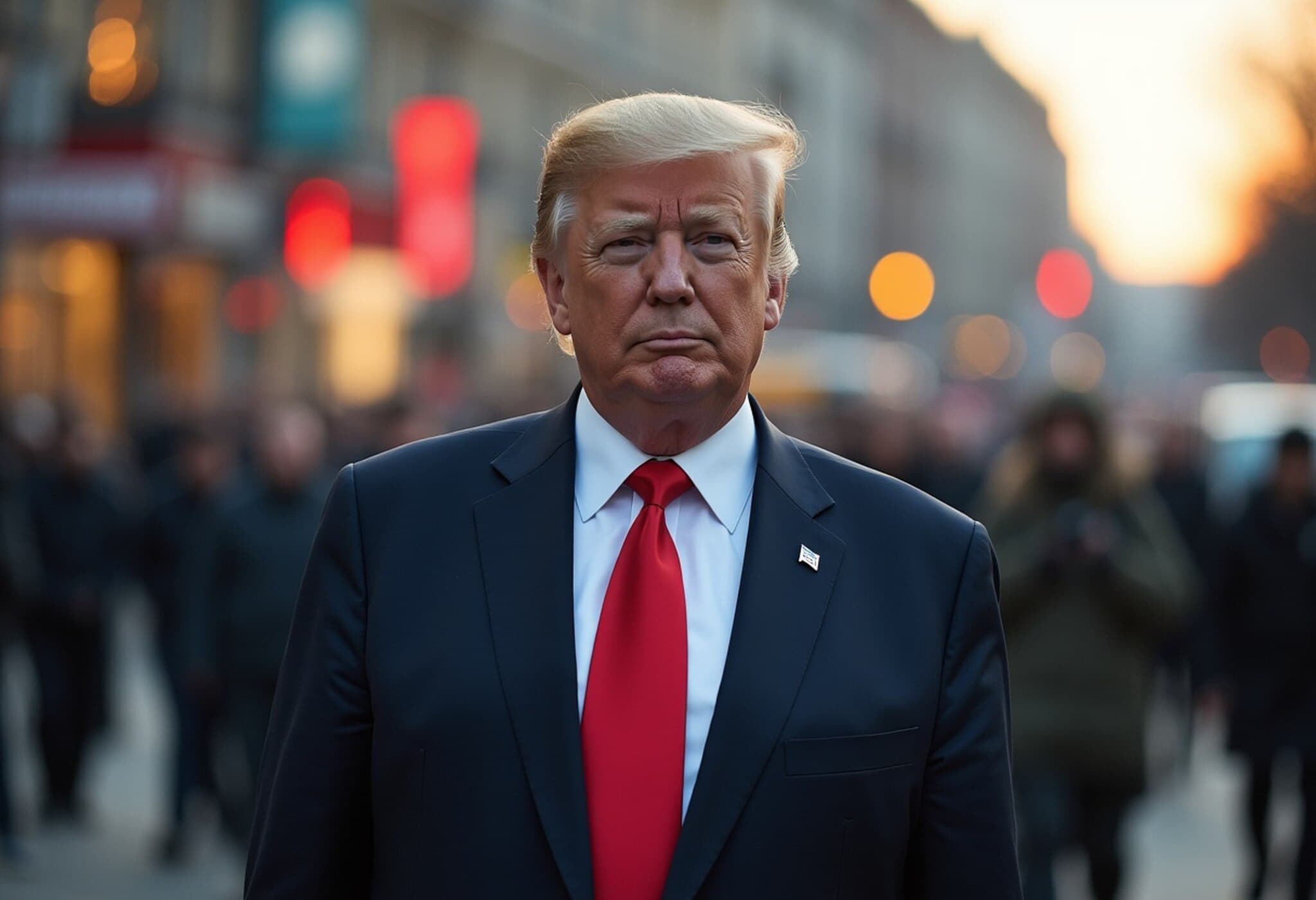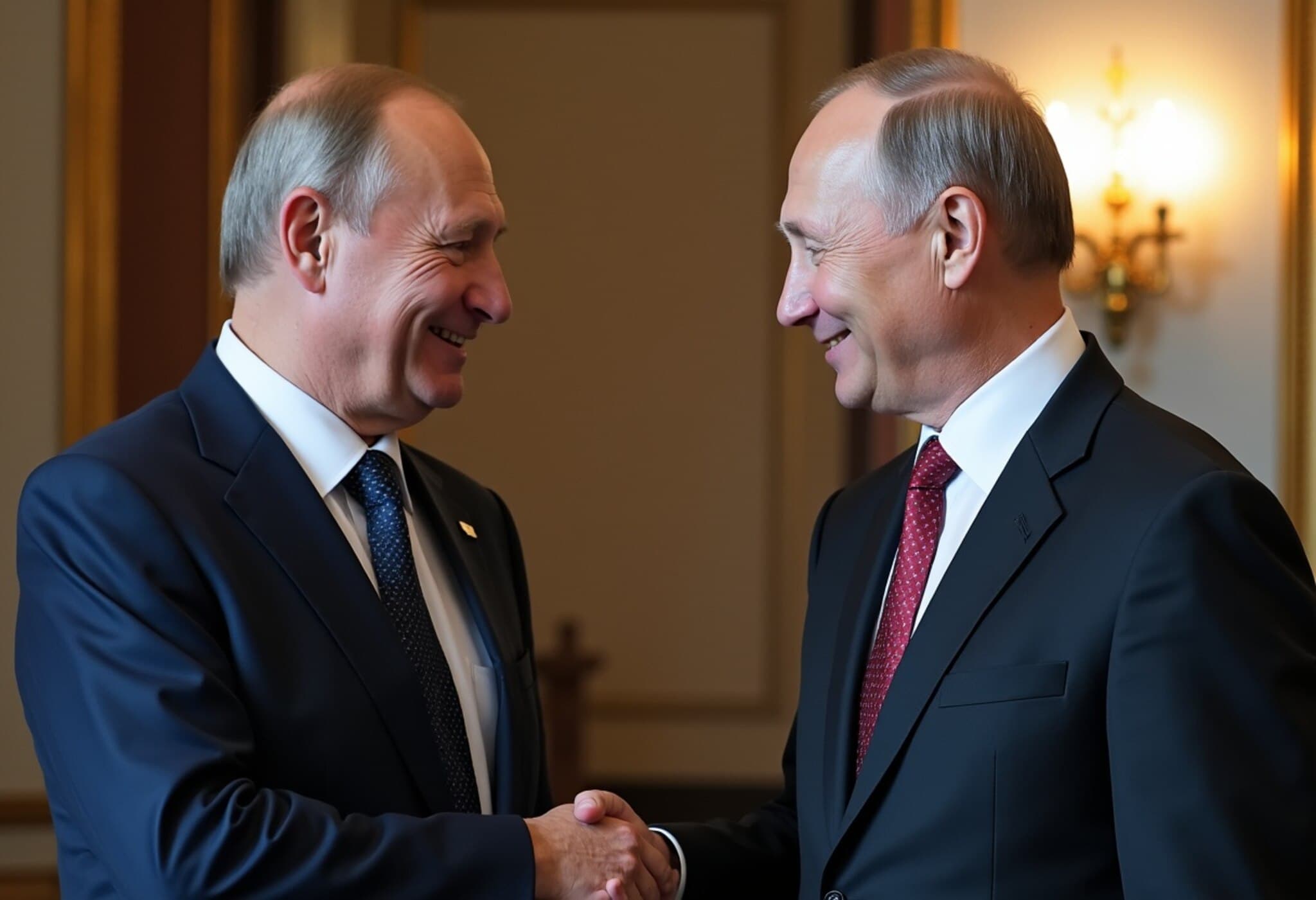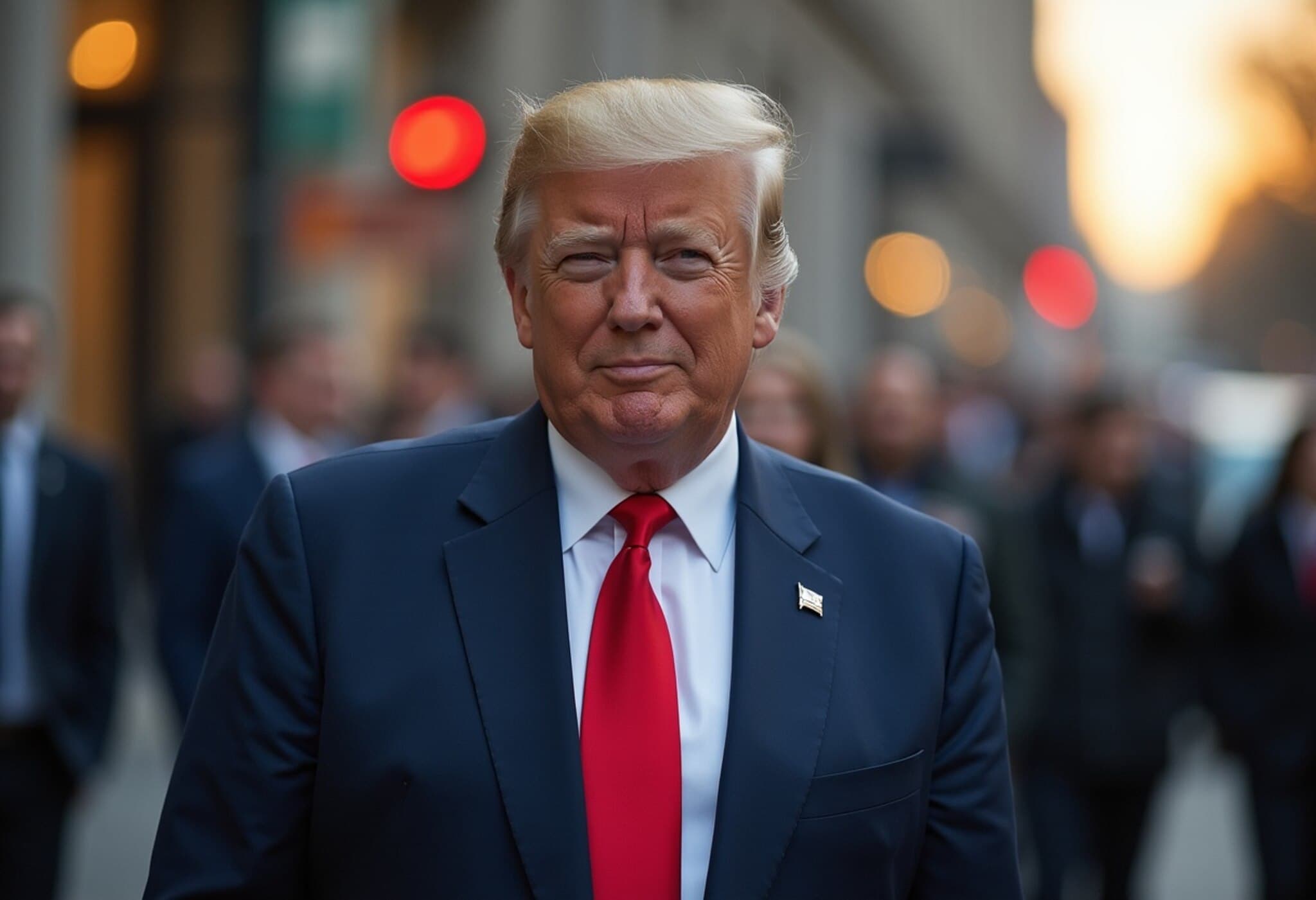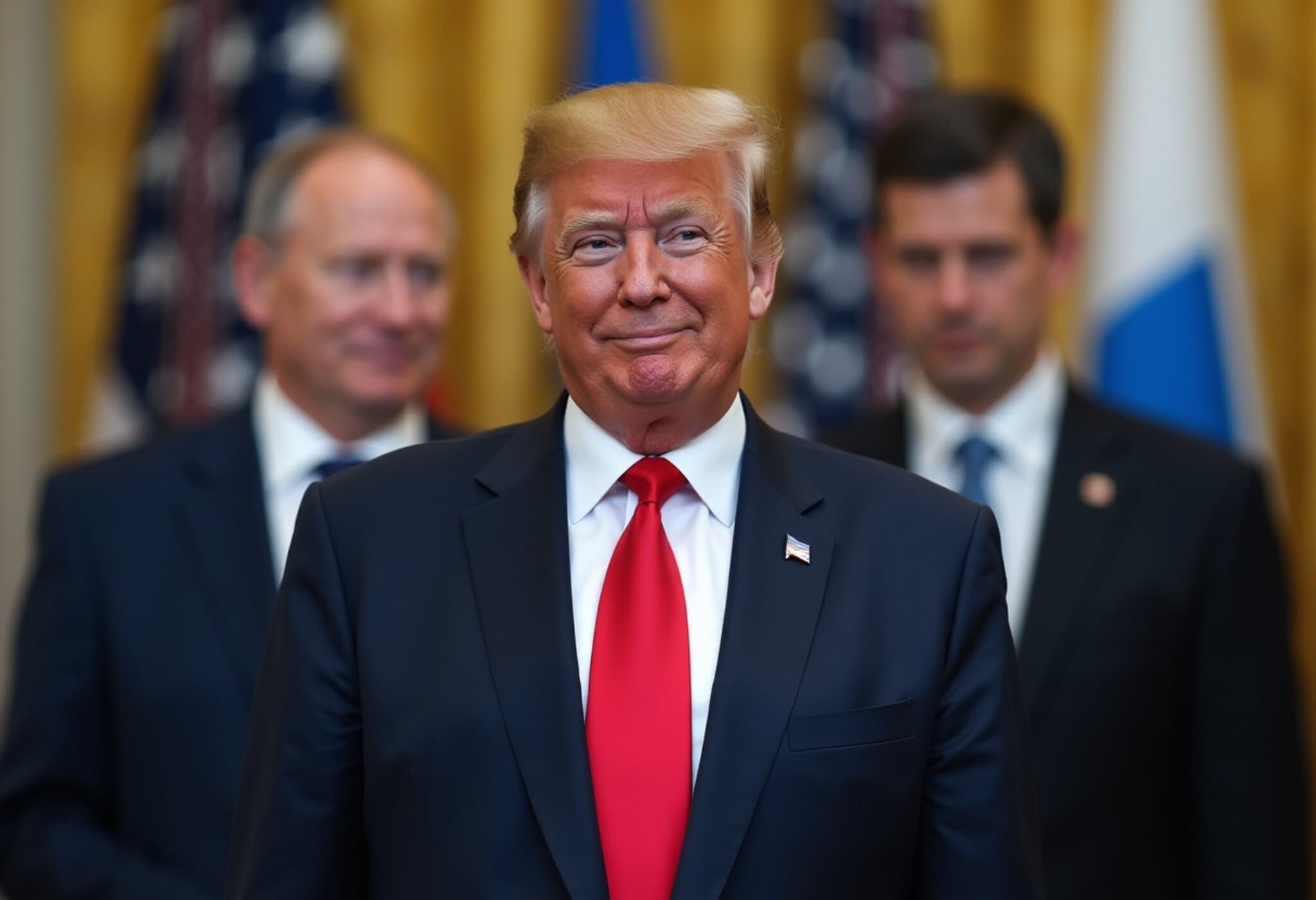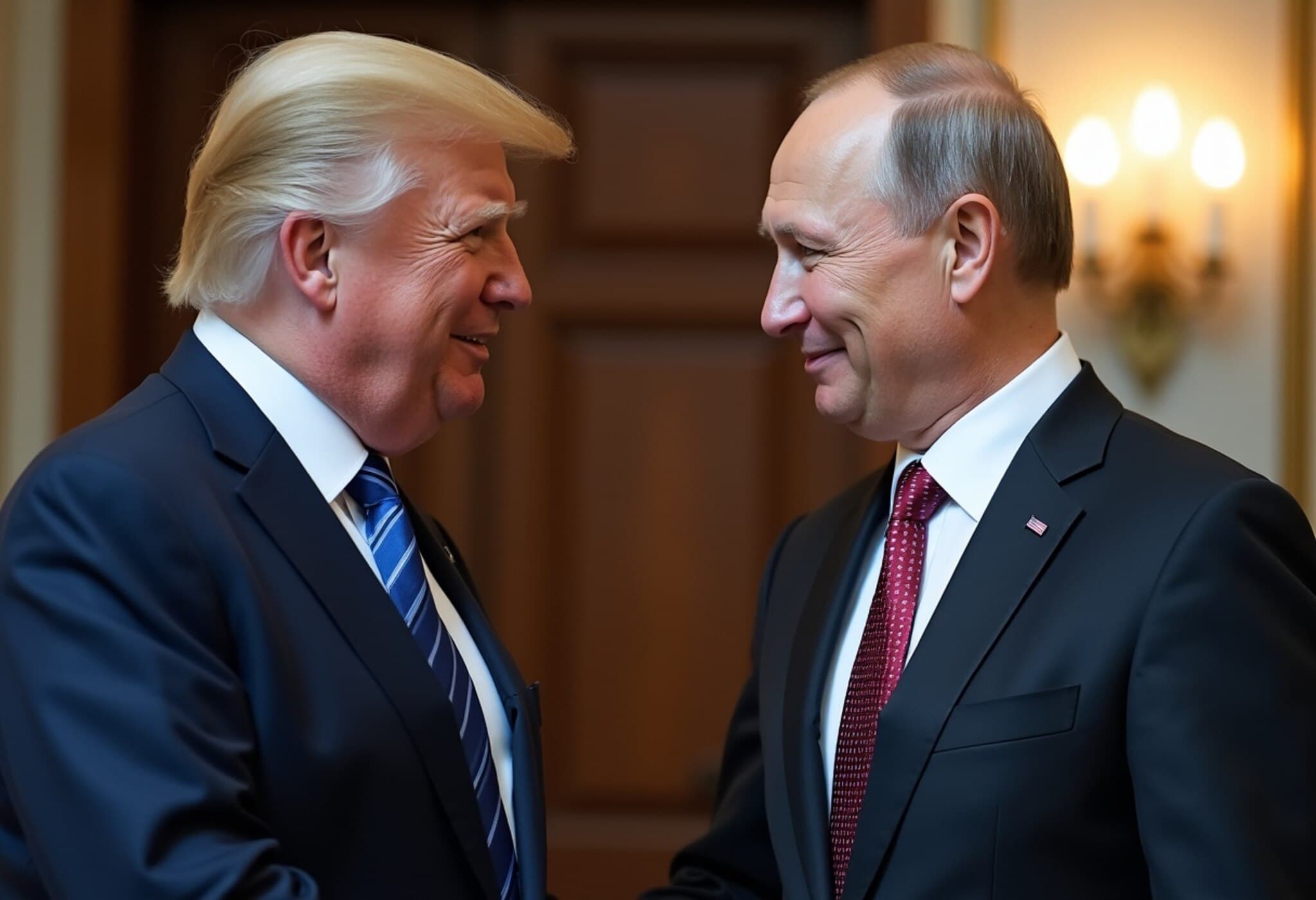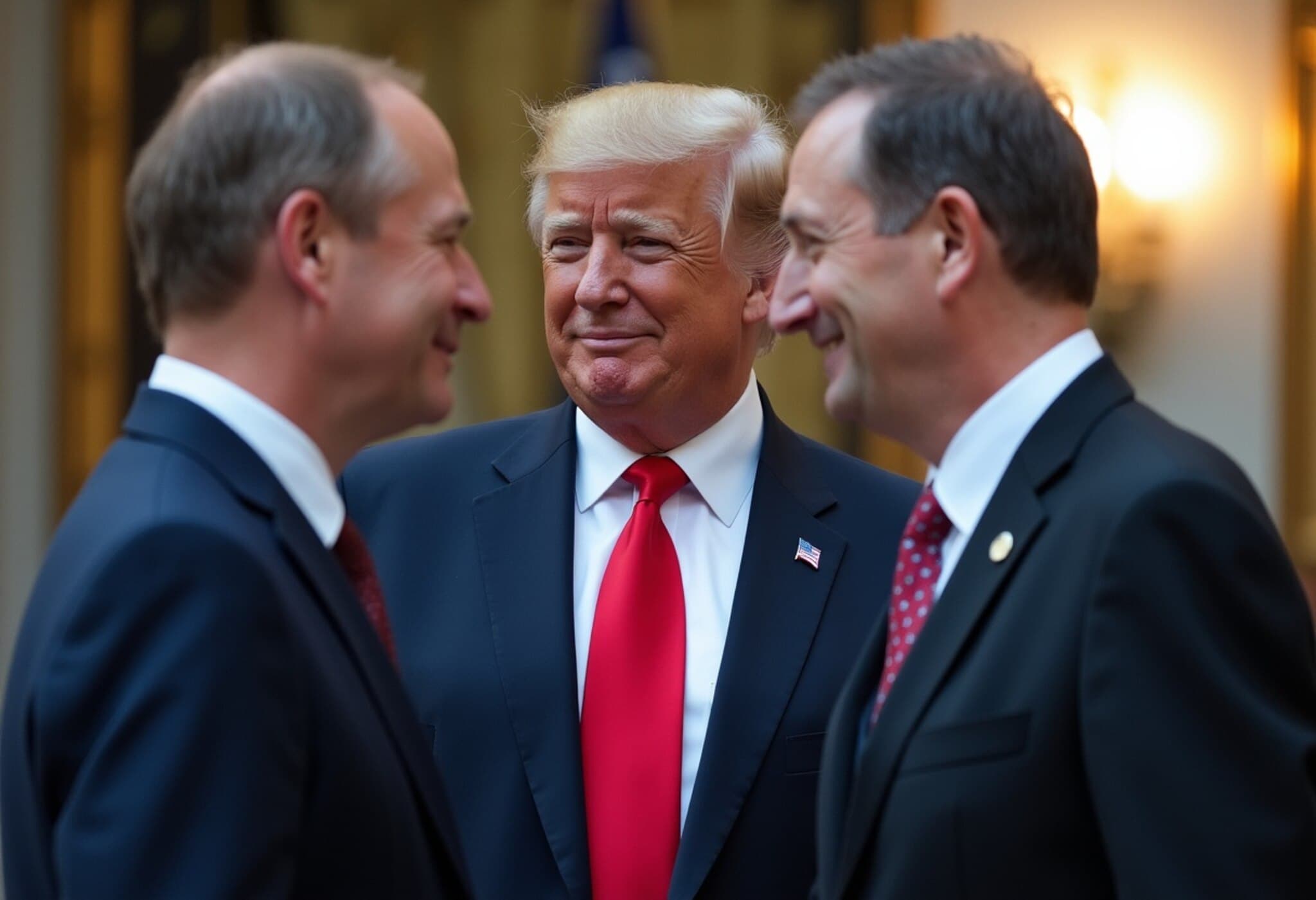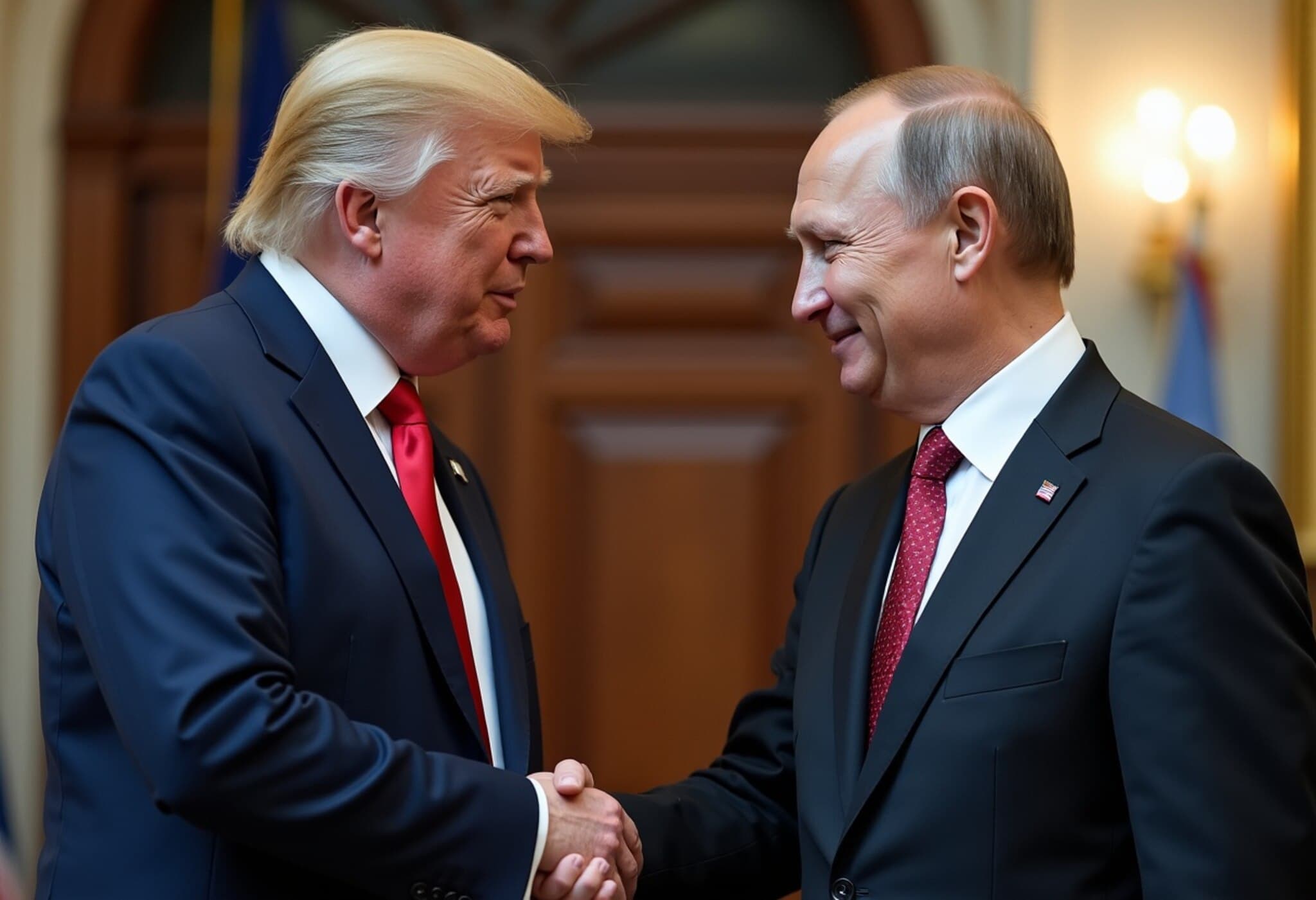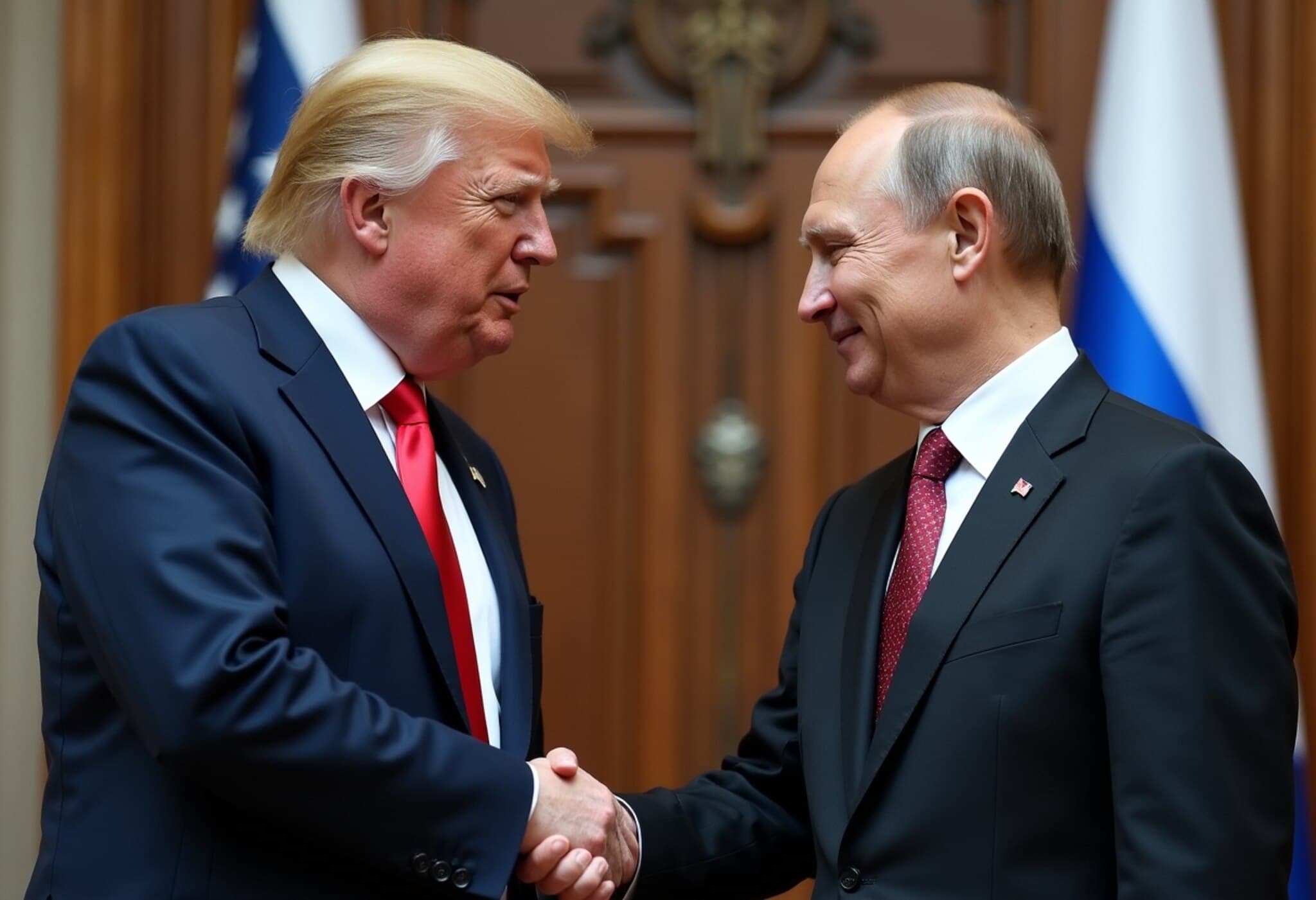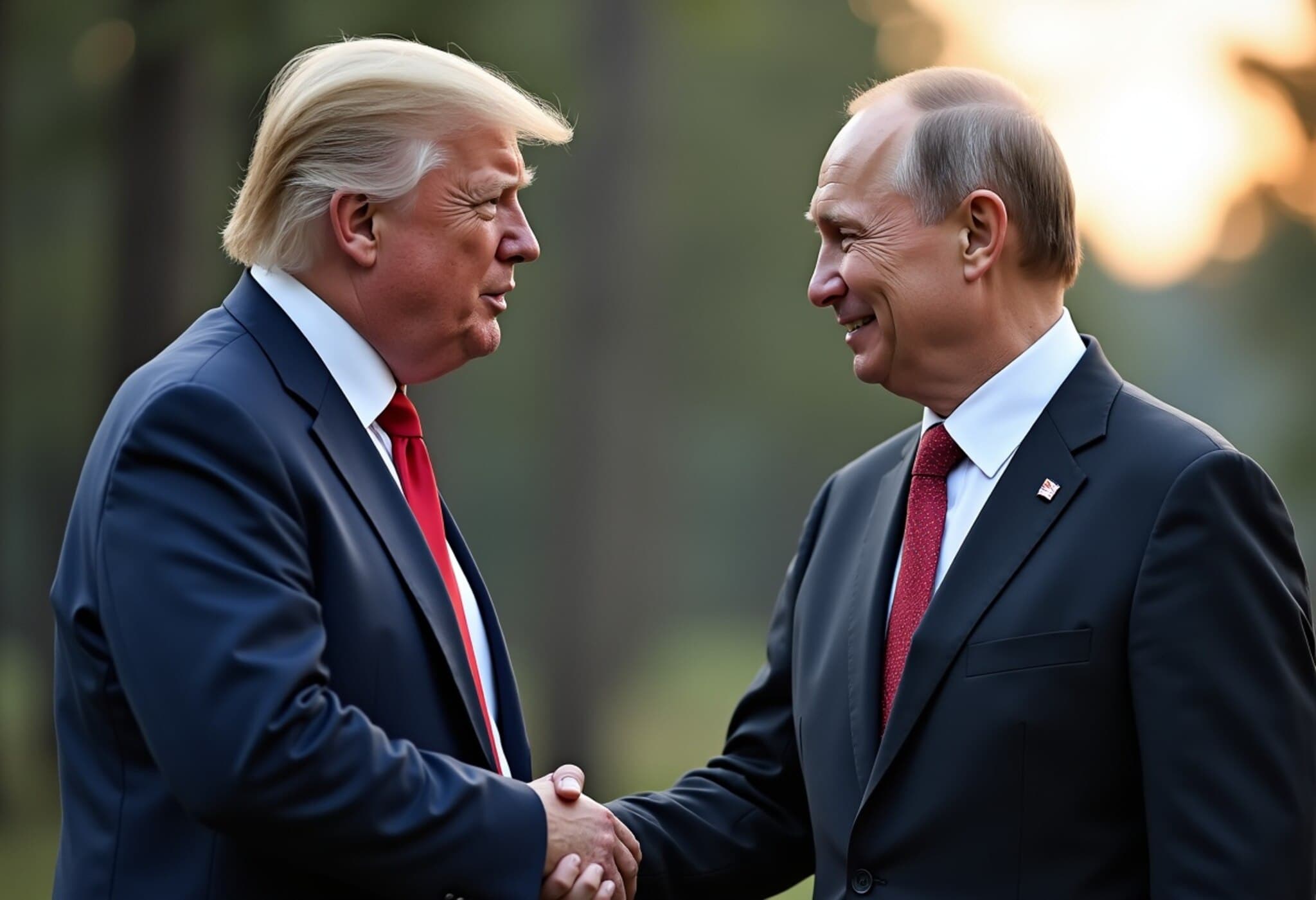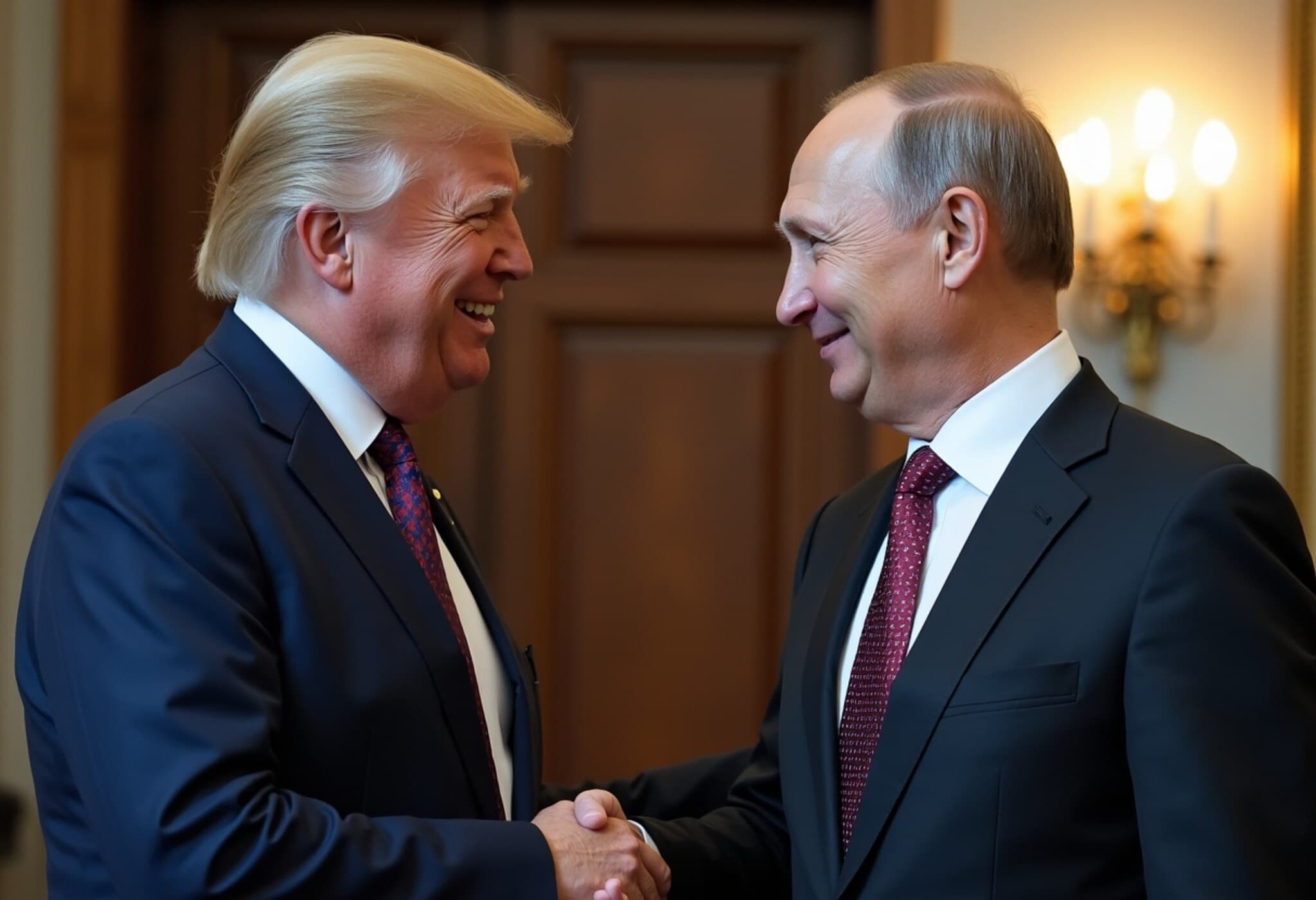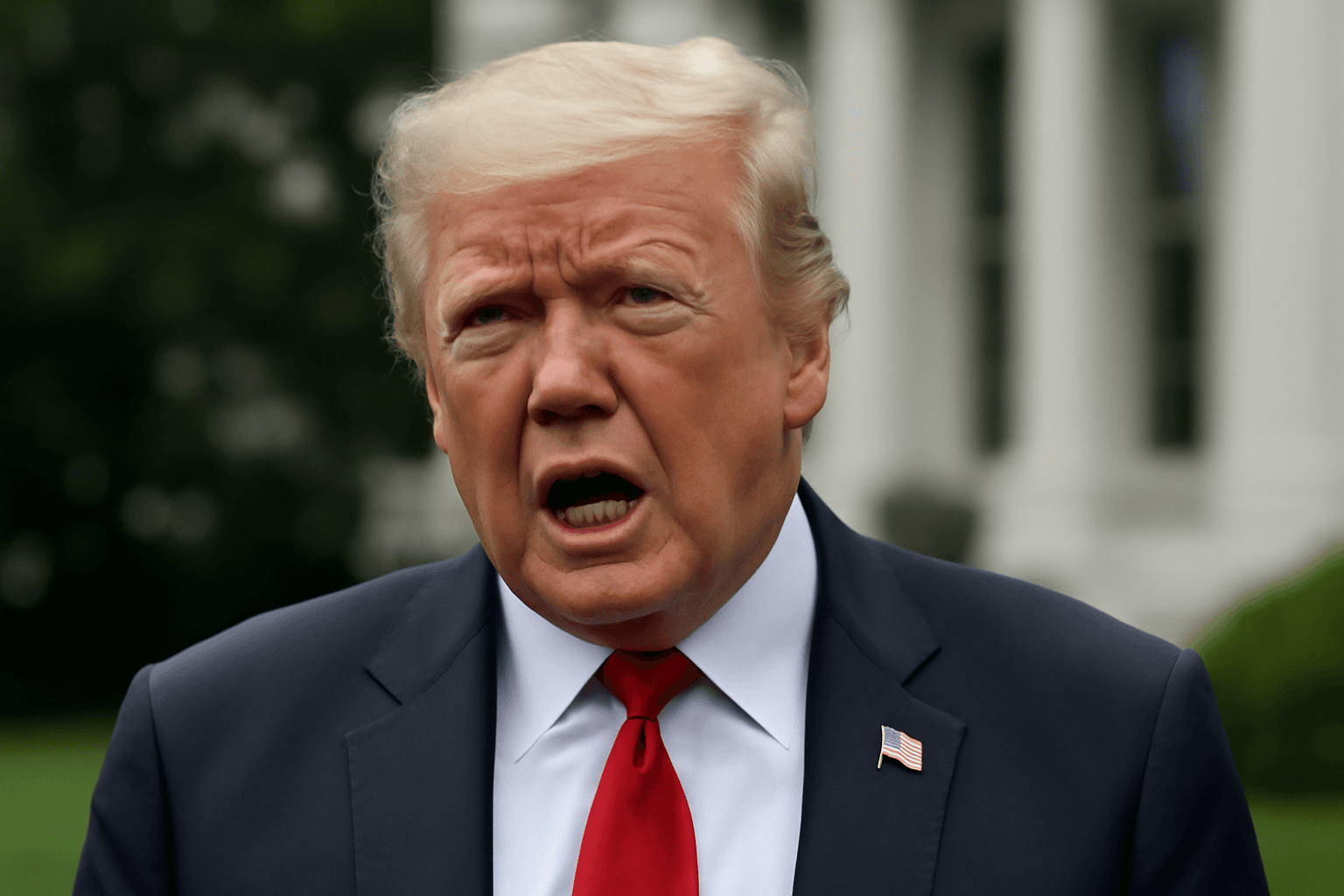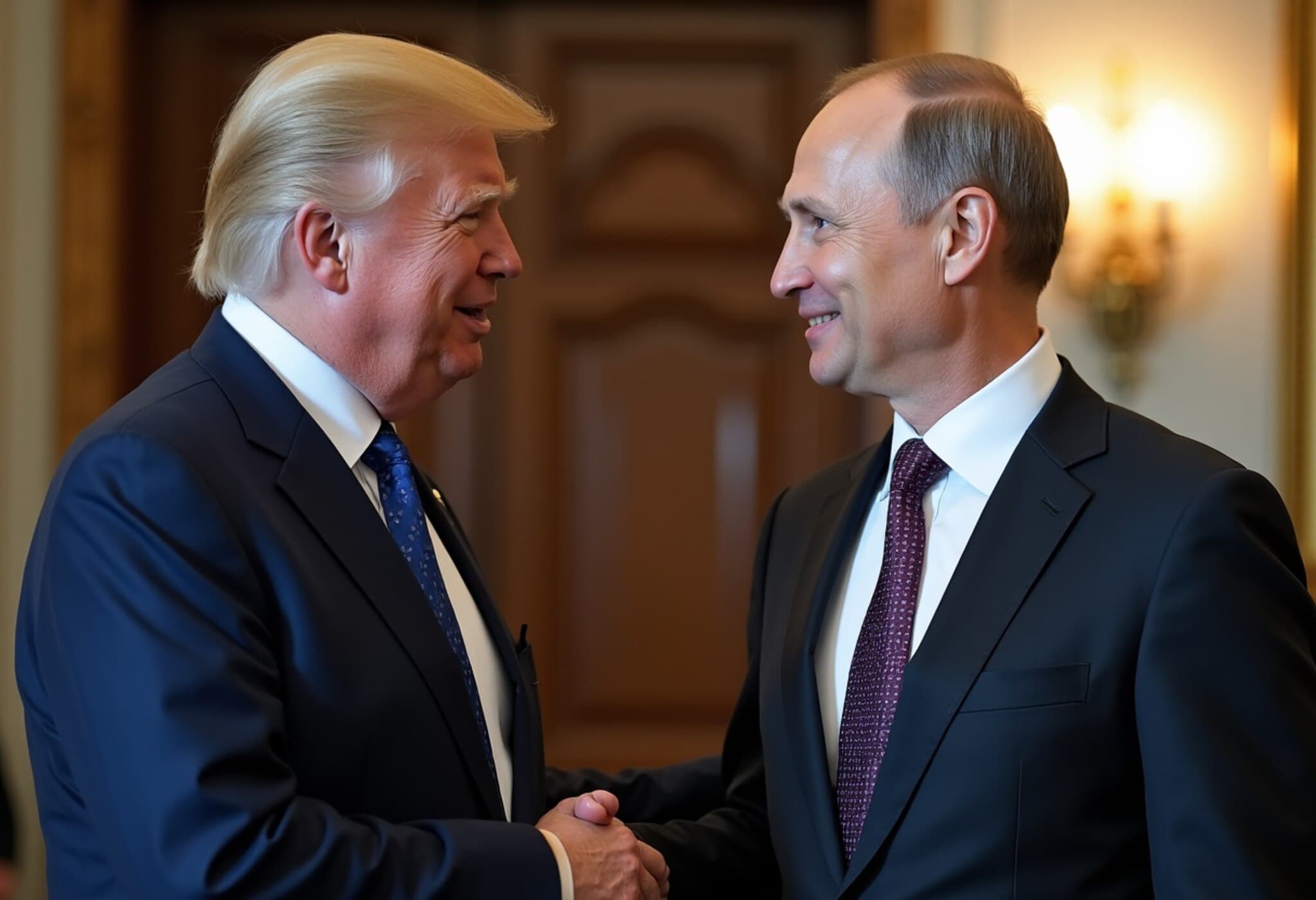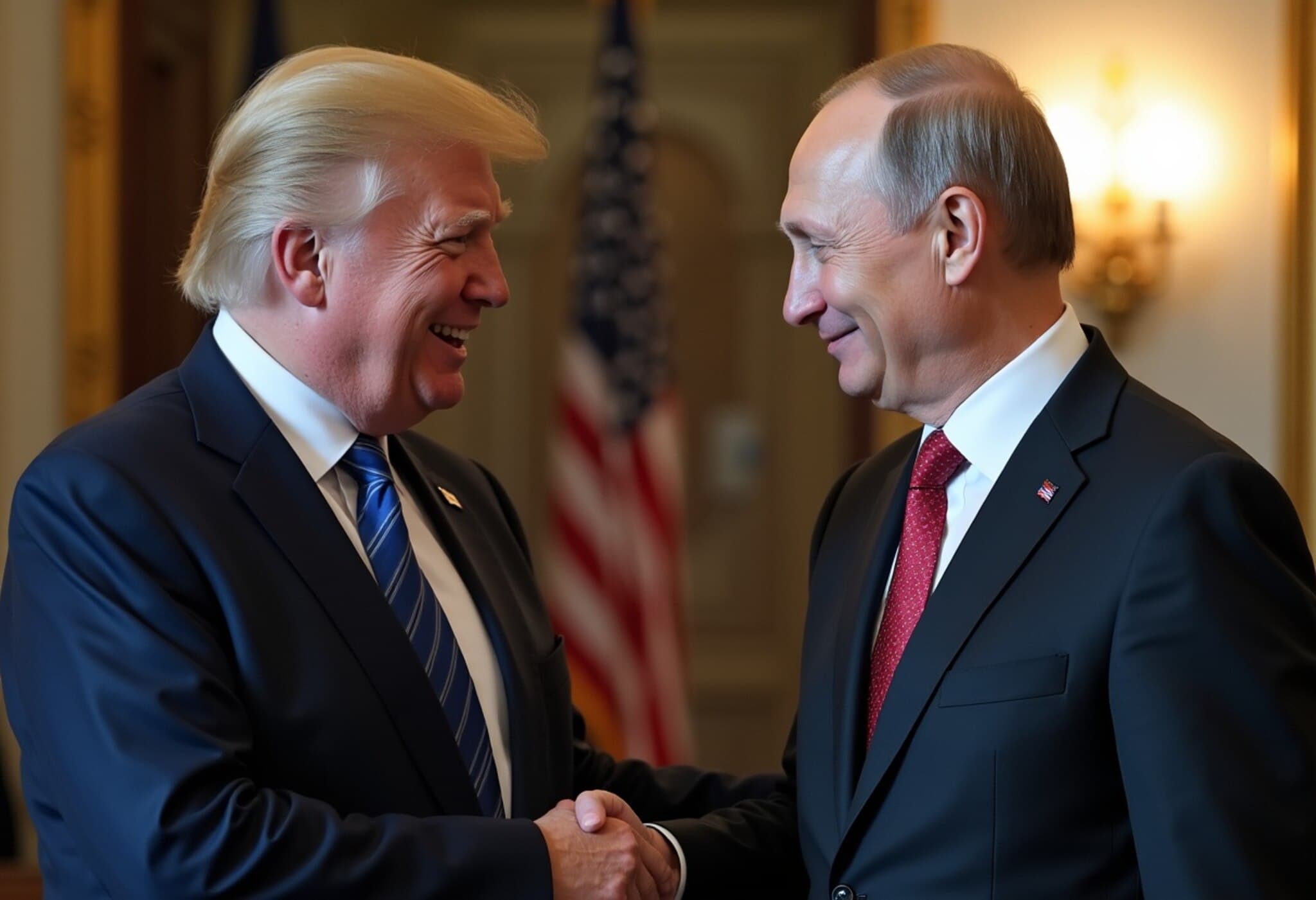Trump Interrupts White House Dialogue to Confer with Putin on Ukraine
In a surprising diplomatic move, US President Donald Trump paused his high-stakes meetings at the White House on August 18, 2025, to initiate a nearly 40-minute phone conversation with Russian President Vladimir Putin. This unexpected call took place in the midst of discussions with Ukrainian President Volodymyr Zelenskyy and prominent European leaders, raising fresh questions about the trajectory of efforts to resolve the ongoing conflict in Ukraine.
Context of the Call
The White House was hosting a pivotal gathering of international leaders, including representatives from Britain, France, Germany, Italy, Finland, the European Commission, and NATO, focused on united strategies regarding the Ukraine crisis. Suddenly, President Trump diverted from these talks to speak directly with President Putin, a move confirmed by the Kremlin and reported by multiple news agencies, including AFP.
Earlier on the same day, President Trump had announced plans for a phone call with Putin, following their recent in-person meeting. Addressing reporters from the Oval Office, he said, “I just spoke to President Putin indirectly and we’re going to have a phone call right after these meetings today.” He further hinted at the uncertain nature of future talks by adding, “we may or may not have a trilateral discussion with Zelensky and Putin.”
Insights from a Candid Exchange
A revealing moment occurred before European leaders arrived, when a hot mic captured a candid exchange between President Trump and French President Emmanuel Macron. Trump remarked, “I think he wants to make a deal. I think he wants to make a deal for me. You understand that? As crazy as that sounds.” This cryptic comment seems to suggest Trump perceives Putin as eager to negotiate directly, perhaps even tailoring terms with Trump’s interests in mind.
What This Means for the Ukraine Conflict
- Early Timing of Call: The phone conversation occurred sooner than anticipated, signaling urgency or an attempt by Trump to shape negotiations independently.
- Lack of Transparency: Details of the call remain scarce, with Russian media offering limited insights, fueling speculation about concessions or backchannel talks.
- Diplomatic Implications: Halting multilateral talks to engage with Putin alone could indicate a US pivot toward bilateral negotiations, potentially complicating the unified Western stance.
Experts warn that bypassing collective Western dialogue risks undermining the solidarity essential for effective support to Ukraine and could embolden Kremlin strategies. From a legal standpoint, any deal involving Ukraine’s territorial integrity or security frameworks would require careful navigation of international law, US Congress approval, and allied consensus.
Expert Commentary: Navigating Complex Diplomacy
Dr. Helen Carter, a senior fellow in international relations, noted, “Trump’s call to Putin amid ongoing multilateral meetings sends a mixed message. It raises questions about US negotiation strategies and the potential sidelining of allies in a conflict that demands cohesion and transparency.”
She continued, “For Ukraine, these developments could either open pathways to peace or introduce uncertainty and increased pressure, depending on the substance and follow-up of these talks.”
Underreported Dimensions
What remains less visible in media coverage is the internal dynamic among European leaders, who seek a coordinated approach to sanctions, military aid, and diplomatic pressure. Trump’s approach, characterized by unilateral engagement, might strain these efforts. Additionally, public opinion in the US and Europe plays a critical role; any perceived backchannel deals without transparent deliberation could provoke political backlash.
Looking Ahead: Questions and Consequences
- Will a formal trilateral negotiation involving Trump, Putin, and Zelenskyy materialize?
- How will European nations respond to perceived shifts in US diplomatic tactics?
- Could this development accelerate peace talks or, conversely, deepen mistrust among allies?
As the situation evolves, close attention to official announcements and international responses will be crucial in understanding whether this bold phone call signals a breakthrough or a diplomatic anomaly.
Editor’s Note
This episode underscores the complexities of modern diplomacy where global conflicts intersect with personalities and geopolitical ambitions. While President Trump’s direct engagement with Putin during multilateral talks is unconventional, it highlights the ongoing search for resolution pathways in the Ukraine crisis. Readers should consider the balance between strategic negotiations and the imperative of alliance unity. As transparency remains limited, ongoing scrutiny and informed analysis are vital to comprehend how these interactions might reshape the global order.

